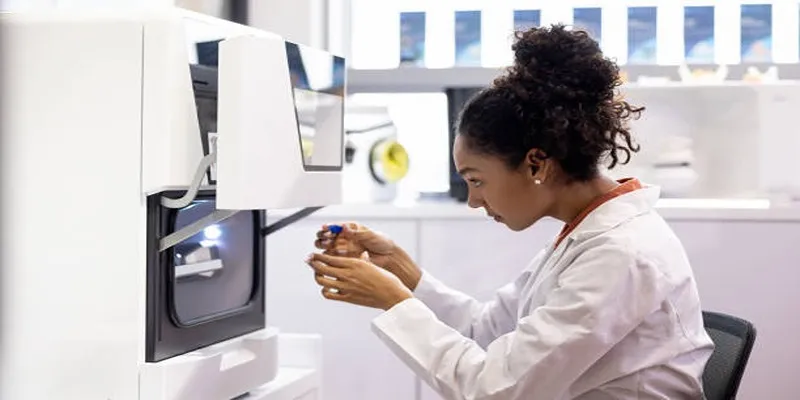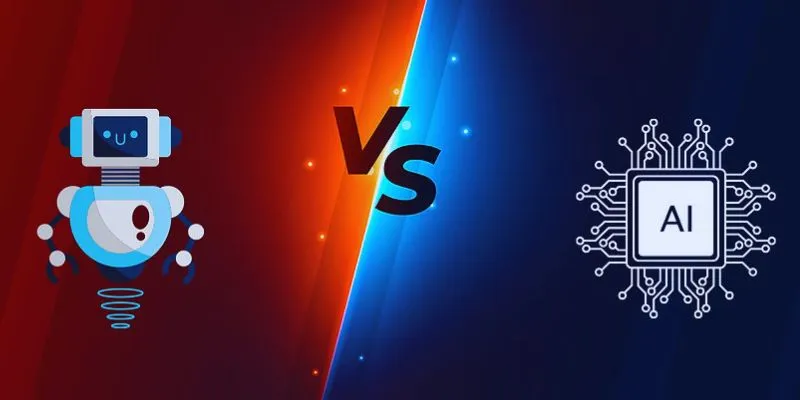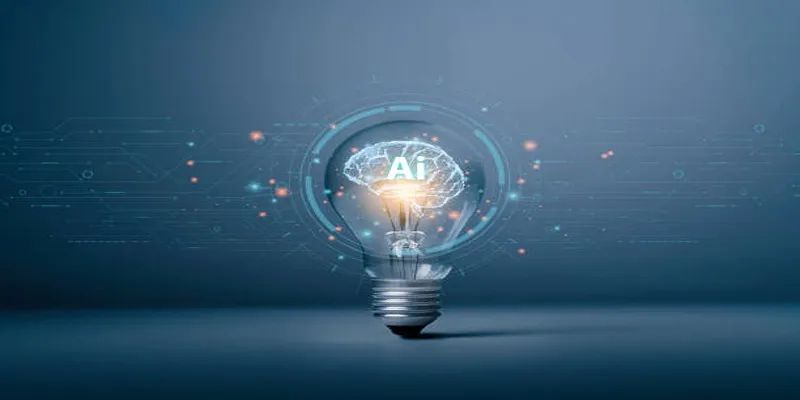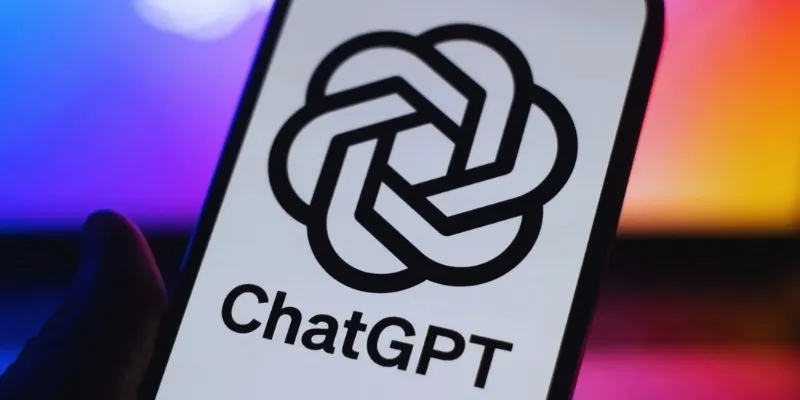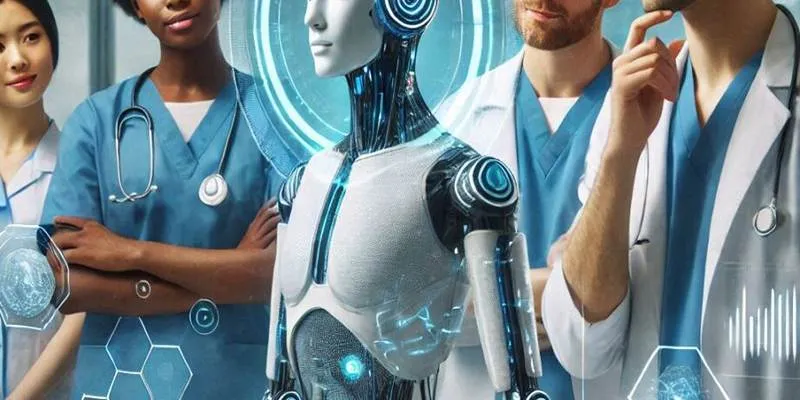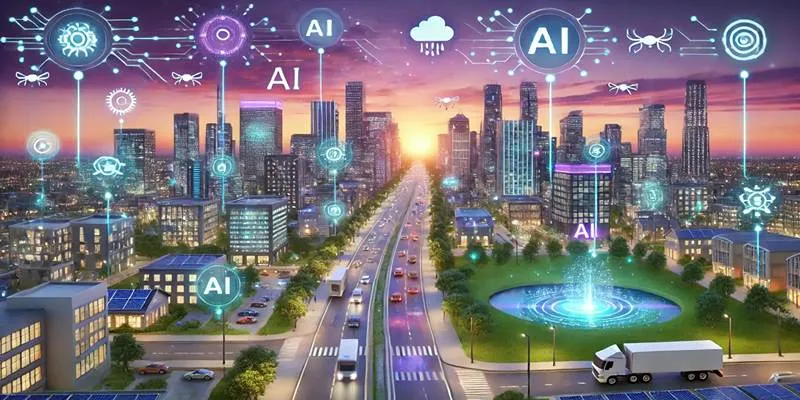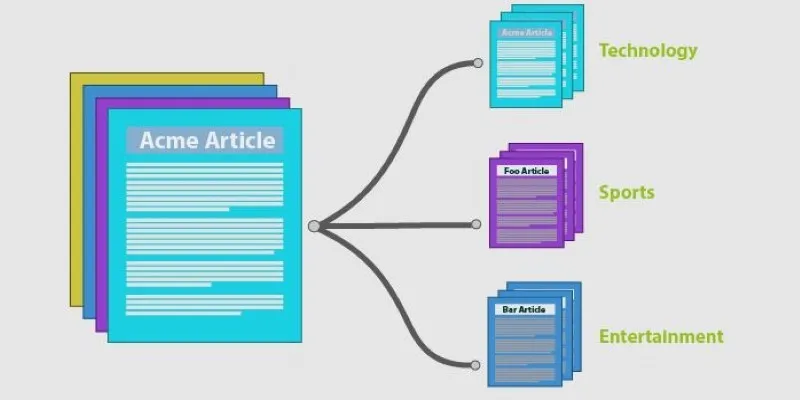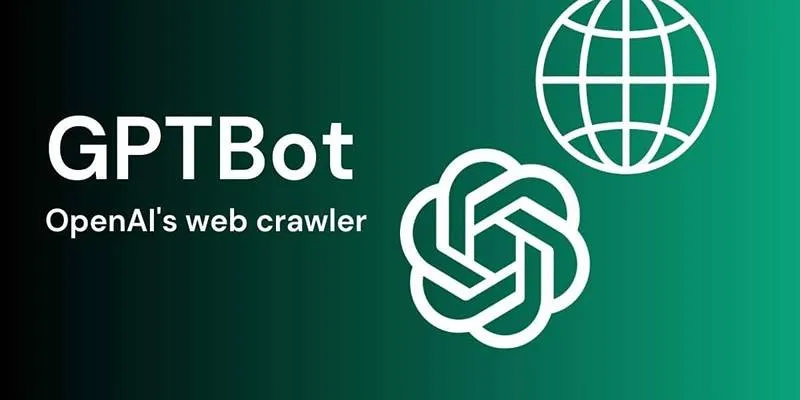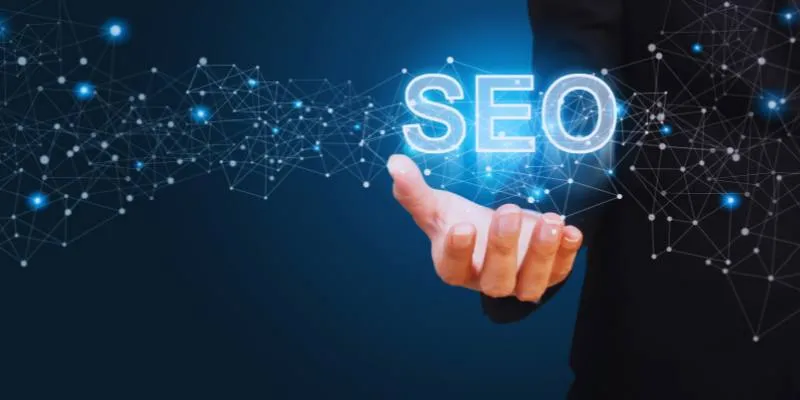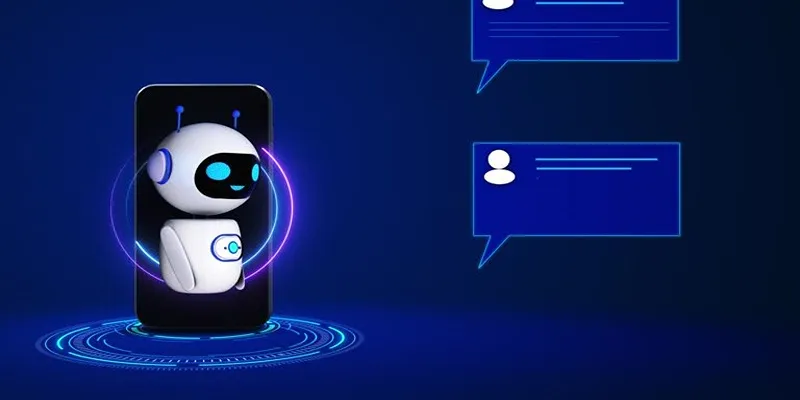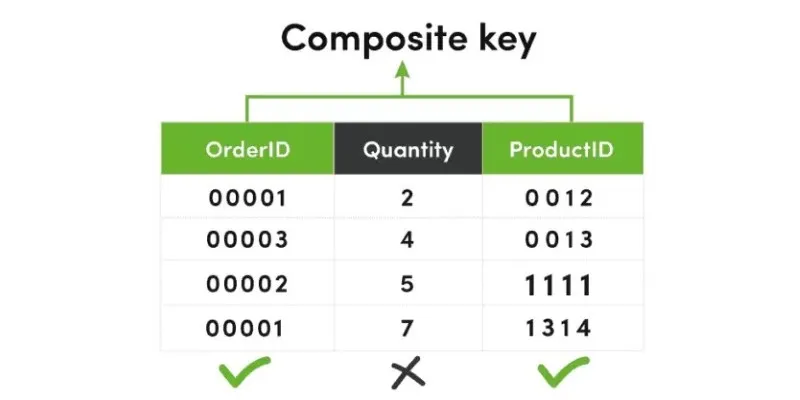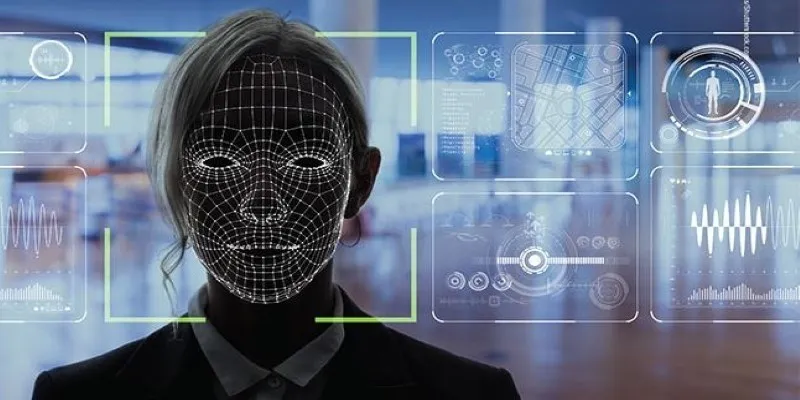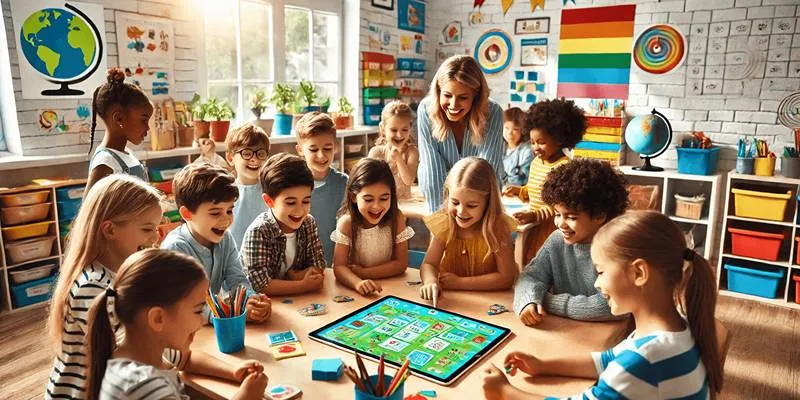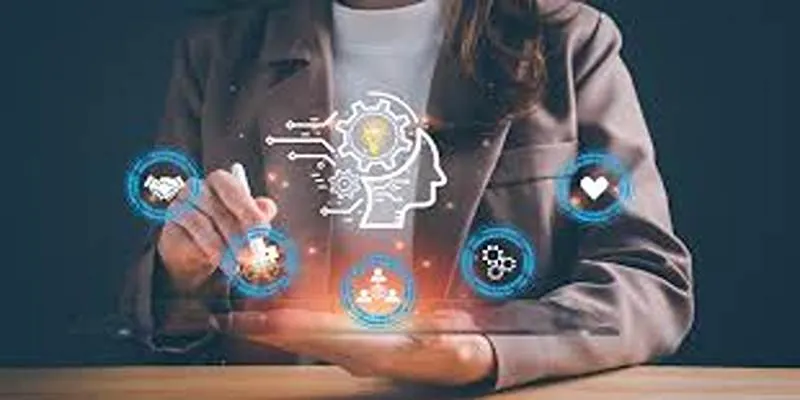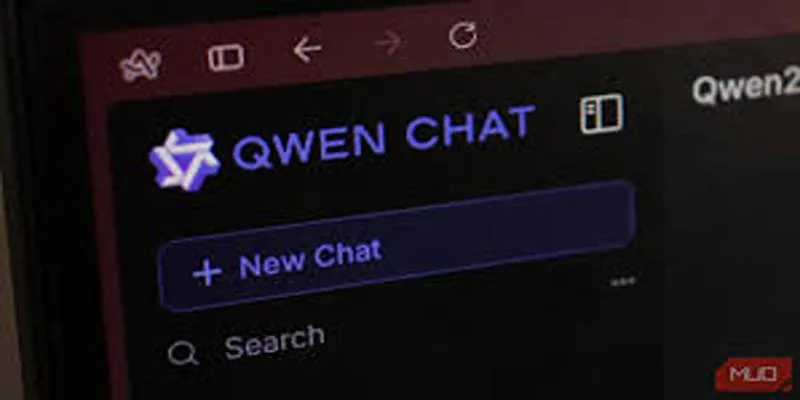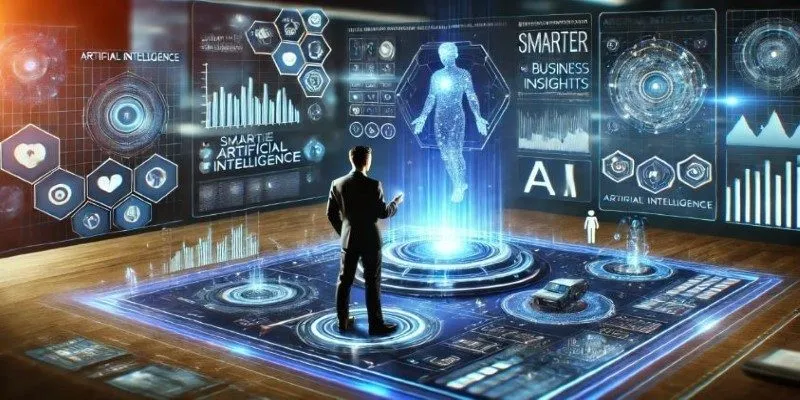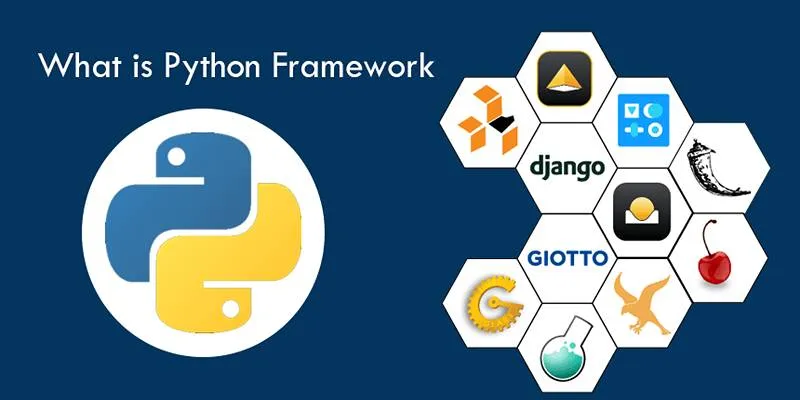Artificial intelligence is no longer just a buzzword; it’s a powerful tool reshaping how businesses manage people. In Human Resources (HR), AI has moved beyond theory and is now actively used to improve hiring processes, support employee development, and streamline daily operations.
As organizations look for smarter and faster ways to manage their workforce, AI offers practical solutions. From resume screening to real-time employee feedback, AI in HR is changing how people and teams function. This guide explores the current uses, benefits, and limitations of AI in HR in simple terms, all while focusing on one thing: real results.
Understanding AI in HR
AI in HR means using tools based on artificial intelligence to make various HR tasks easier, faster, and smarter. Machine learning, natural language processing, and predictive analytics are the foundations of these tools, which interpret data and provide actionable insights.
Whether it’s helping recruiters shortlist candidates or alerting HR managers about employees at risk of burnout, AI acts as a support system. It doesn’t replace HR professionals but helps them make faster, fairer, and more informed decisions.
AI in Recruitment: Smarter Hiring, Less Guesswork
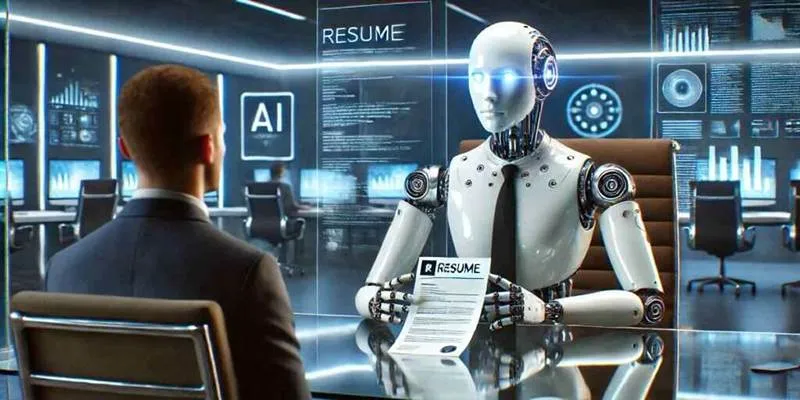
Recruitment is one of the most time-consuming tasks for any HR team. Reviewing resumes, conducting interviews, and coordinating schedules can take weeks. This is where AI-powered recruitment tools shine.
AI in recruitment offers:
- Automated resume screening : AI tools analyze hundreds of CVs in minutes, identifying candidates whose qualifications match job descriptions.
- Chatbots for candidate queries : These virtual assistants provide real-time answers to common questions, improving communication.
- Interview scheduling : AI coordinates calendars and finds suitable interview slots without human effort.
- Candidate scoring : Based on data from previous hires, AI predicts which candidates are most likely to succeed in the role.
By speeding up the hiring process and reducing bias, AI allows recruiters to focus on building genuine relationships with candidates.
Employee Onboarding Made Seamless
Once a new hire is selected, onboarding them properly is crucial. AI can make onboarding smoother and more engaging.
Ways AI supports onboarding:
- Sends welcome emails and training guides automatically.
- Answers new employees’ common questions using chatbots.
- Tracks the progress of training programs.
It helps new employees feel more confident and settled from the start.
Boosting Employee Engagement with Artificial Intelligence
Engaged employees are more productive, more loyal, and more likely to stay with a company long-term. Traditionally, tracking engagement relied on annual surveys. Today, AI enables continuous monitoring and real-time insights.
AI platforms collect and analyze data from various sources—such as surveys, internal chats, and performance metrics—to understand employee sentiment. It gives HR leaders the ability to detect potential issues early, such as declining morale or team conflict.
Performance Management Powered by AI Insights
Annual performance reviews are becoming outdated. Modern performance management relies on real-time feedback, and AI makes this possible. AI tools help managers track progress, set goals, and offer feedback based on data rather than just opinions.
Key features of AI in performance management:
- Personalized feedback : AI suggests training opportunities or development plans based on individual performance.
- Progress tracking : Managers can view employee goals and milestones in a centralized system.
- Recognition alerts : AI identifies top performers and recommends moments for praise.
With AI, performance reviews become a continuous process rather than a once-a- year task, resulting in better employee development and accountability.
Supporting Learning and Development
Training is another area where AI shines. Instead of offering the same training to everyone, AI can suggest learning plans based on what each employee needs.
Benefits of AI in training:
- Personalized learning paths based on skills and job roles.
- Recommends short, helpful courses when needed.
- Tracks learning progress automatically.
It ensures employees grow in the right direction without wasting time.
Workforce Planning and Predictive Analytics
Workforce planning is essential for growth. HR teams need to forecast talent needs, anticipate shortages, and plan budgets. AI supports this by offering predictive analytics. For instance, an AI system might examine past data to predict which departments are likely to grow or when staff turnover may rise. It can also estimate the future demand for certain roles based on industry trends.
Challenges of Using AI in HR
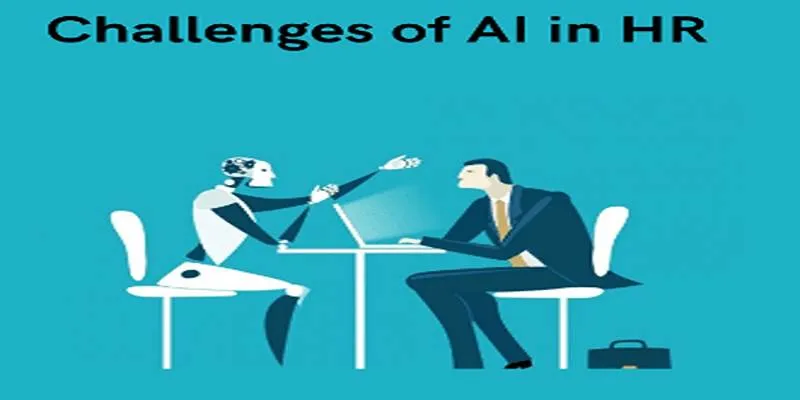
Despite its many advantages, using AI in HR does come with a few challenges:
- Privacy risks : AI tools collect large amounts of personal data, which must be protected.
- Over-reliance on technology : While AI improves decision-making, human empathy and understanding remain irreplaceable in HR.
- Cost of implementation : Advanced AI systems can be expensive, making them difficult for small businesses to adopt.
- Legal and ethical concerns : Using AI to make decisions about hiring or performance may raise regulatory questions.
To get the best results, businesses must use AI responsibly, keeping transparency and human oversight at the core.
Best Practices for Integrating AI in HR
To use AI effectively in HR, organizations can follow a few simple guidelines:
- Start small : Begin with one function—like resume screening—before scaling up.
- Combine tech with people : Use AI to support—not replace—HR professionals.
- Review tools regularly : Make sure the systems stay accurate, fair, and secure.
- Prioritize employee experience : Use AI to improve—not complicate—the work journey.
Conclusion
Artificial intelligence is helping HR teams do more with less. Whether it’s hiring the right people, creating better learning opportunities, or identifying employee concerns early, AI brings structure and speed to HR functions. However, it’s important to remember that AI should not take the “human” out of Human Resources. The best results happen when AI works side by side with experienced professionals who understand people, not just data. As AI continues to grow, its role in HR will likely expand. But at the heart of every great HR team will always be something technology can’t replace: empathy, communication, and human connection.
 zfn9
zfn9


